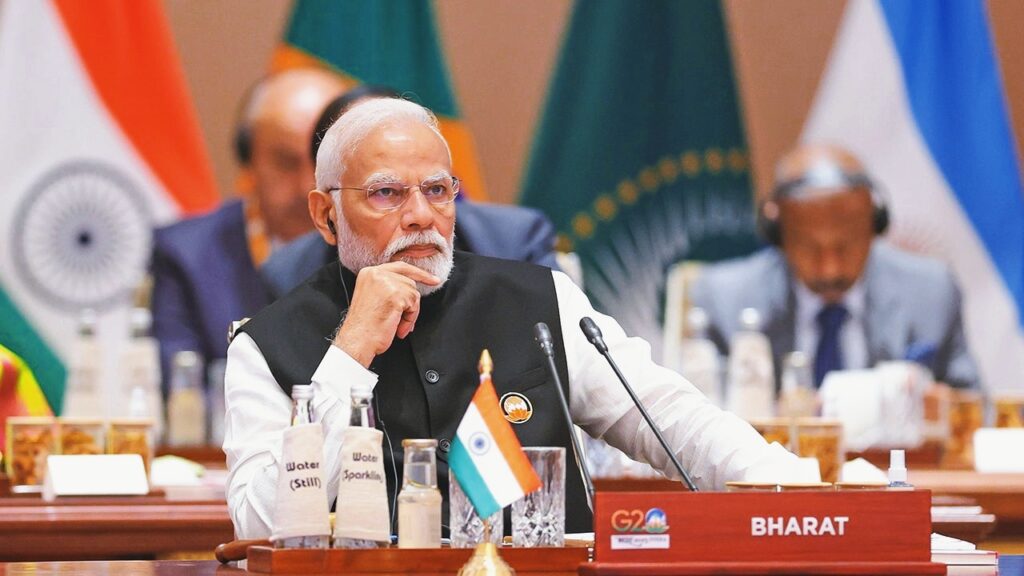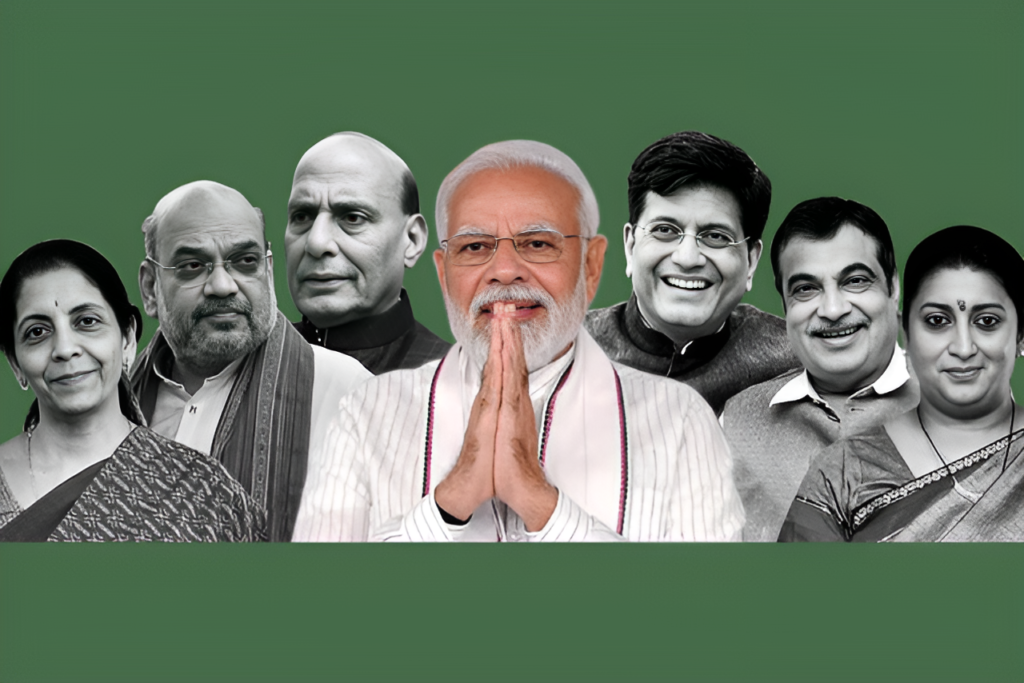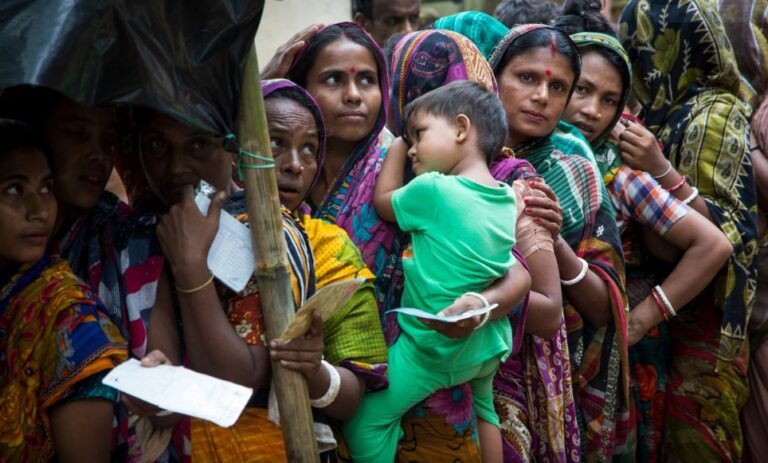A major threat is looming over the digital freedom and privacy of citizens in India. According to recent news new income tax law , the Modi government is planning to implement a new income tax law, which will give tax officials unrestricted access to your personal data. This law will not only make the process of income tax compliance stricter, but it will also give the government the right to have complete surveillance over your personal information.
How is your privacy in danger?
If this new law is implemented, the government will have almost unlimited rights to monitor your digital activities. This means that tax authorities will be able to monitor your private emails, social media accounts, bank transactions, and even your investment and trading activities—without any valid reason, just on the basis of suspicion.

- Monitor emails and communications
Government agencies will be able to access your personal and business emails, putting your private communications and sensitive information at risk.
- Control over social media
Your posts, messages and online conversations will be tracked, which will impact your freedom of expression. Speaking against the government can be more dangerous than before.
- Tracking bank and financial transactions
Every rupee you earn and spend will be under the watchful eyes of the tax authorities. Your financial privacy can be completely eliminated.
- Investigating Investment and Trading Activities
There will also be direct supervision of the government on the stock market, cryptocurrency and other financial investments. Your assets can be seized or you can be brought under investigation on the basis of any suspicion.
New power for government, new threat to citizens

This new income tax law is being brought only in the name of preventing tax evasion, but in reality its objective is to control the citizens and keep an eye on their every activity. This would give the government the power to access your private data without any judicial approval. In the past too, government agencies have been accused of spying on political opponents, journalists and social activists. This new law will give more power to the government, which will make it easier to implement repressive policies.
Danger to democracy and privacy
This new income tax law can undermine the foundation of democracy in India. Privacy is a fundamental right in any democratic society, but under this new rule, the government will get free rein to interfere in the personal lives of citizens.
- Means to intimidate and suppress citizens
The government could use this law to silence critics and opponents. Anyone can be targeted on the basis of suspicion, even if there is no concrete evidence against him. - Repressive actions on political opponents
Opposition leaders, social activists and freelance journalists can be implicated in false cases under this law. - Violation of Constitutional Rights
The Constitution of India gives citizens the right to privacy, but this law would be a direct violation of that right. This will put both “freedom of expression” and “right to private life” in danger.
What must citizens do?
If this new income tax law is implemented, there will be an increased risk of India becoming a surveillance state, where every citizen will be under government control. Therefore, we all should together raise our voice against this law.
Spread awareness on social media and let people know what a big threat this law is to their freedom.
Support opposition leaders and human rights organizations who can raise voice against this law.
Demand the intervention of the judiciary so that this law can be challenged.
Write a letter to your Lok Sabha and Rajya Sabha MPs and urge them to oppose this law.
conclusions
India is the largest democracy in the world, but such laws can slowly destroy our freedom. This attempt to establish government surveillance over every activity of the citizens by misusing tax laws is a serious threat to democracy. We must together oppose this and ensure that governments respect our freedom and privacy. If we do not wake up today, tomorrow it may be too late.



